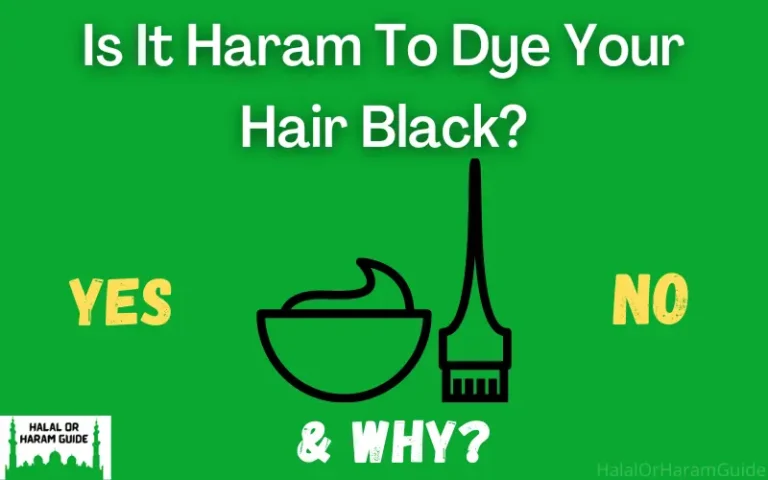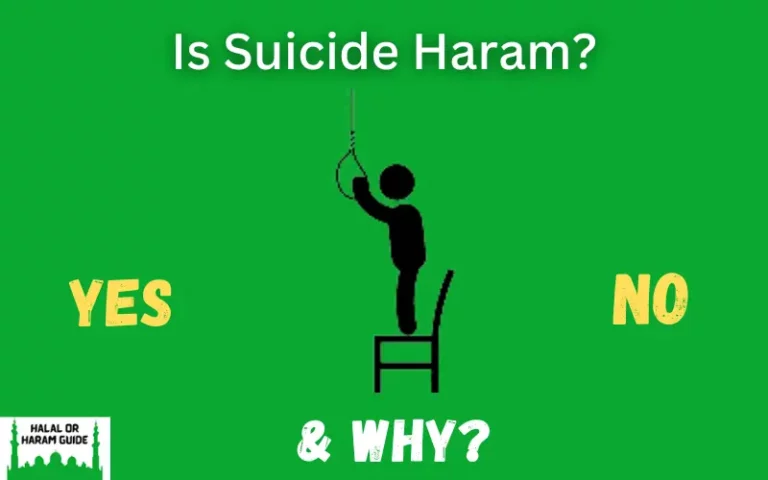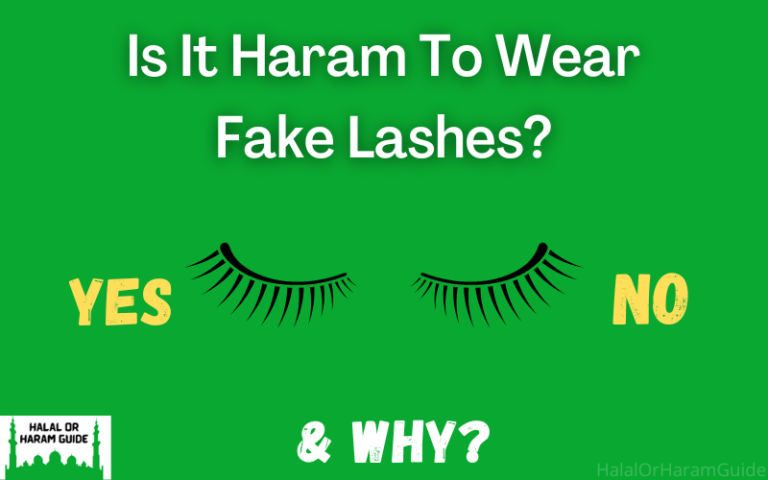Is Belly Button Piercing Haram In Islam? (All Clear)
Belly button piercing, also known as naval piercing or belly piercing, is a popular body modification in many parts of the world.
It is a type of piercing done on a person’s navel. In some cultures, it is seen as a form of self-expression or art and is commonplace in the fashion industry.
But what does Islam say about the practice of belly button piercing? Is belly button piercing haram in Islam? This is the question we will attempt to answer in this blog post.

Is Belly Button Piercing Haram
The practice of belly button piercing is haram, according to Islamic teachings. It is not permitted in Islam, as it is seen as a form of body alteration for vain purposes.
According to Islam, only nose and ear piercing for women is accepted as these are the only body parts that can be pierced without any fear of major health risks. Piercing any part of the body, other than the ears or nose, is haram for Muslims.
This includes belly button piercing, as it involves piercing the navel and is seen as a form of self-expression or art. It is not acceptable in Islam and must be avoided.
Furthermore, belly button piercing can cause damage to the skin and can cause infections. There is also a risk of nerve damage if it is done incorrectly, which could result in excessive bleeding or pain.
In Islam, it is forbidden to change or alter Allah’s creation. Therefore, any act of body modification, such as tattoos and piercings that alter the body, is considered haram.
Also, the Prophet Muhammad (peace be upon him) was against bodily alterations and discouraged his followers from indulging in them.
So if you’re searching is belly piercing haram In Islam, then the answer is yes, it is haram and should be avoided by both men and women.
If you’re confused about why are nose piercings halal, and belly piercings are haram, you can read our detailed article on is nose piercing haram.
How To Replace Belly Button Piercing In Islam
It is important to note that a belly button piercing is not the only way to express yourself or make a fashion statement. There are many other ways to express yourself without harming your body.
For example, wearing hijabs or modest clothing is an acceptable way of expressing your faith and style. These are acceptable forms of body modification in Islam, as they do not involve altering the body itself.
Also, wearing jewelry is a great way to add style and glamour without piercing any body part. Plenty of non-piercing jewelry items can be worn and removed as desired.
These are just some of the ways to express yourself without involving body alteration, which is forbidden in Islam.
How To Teach Others About Belly Button Piercing In Islam
So far, you know that belly button piercing is haram in Islam, and you should avoid it. But, if you know your friend or family member is considering getting a belly button piercing, it can be difficult to explain why it is haram.
The best way to do this is to educate them on the Islamic stance on body modification. Explain that Allah created us in perfection, and it is forbidden to alter His creation.
Also, explain the potential health risks associated with piercings, as these can be very serious.
You should also suggest alternative ways of expressing yourself that don’t involve body modification.
For example, you can suggest wearing modest clothing or jewelry as these are more acceptable forms of body modification.
Finally, remind them that Allah is forgiving and merciful, so if they have any doubt or regret, they should seek forgiveness from Allah and strive to do better in the future.
You might also like reading is ear piercing haram.
FAQs
Q. Are belly piercings haram?
A. Yes, belly piercings are haram in Islam as they involve altering Allah’s creation and can cause potential health risks. The Prophet Muhammad (peace be upon him) was against body modification and discouraged his followers from indulging in it.
Q. What piercings are haram in Islam?
A. Any piercing that does not involve the ears or nose is haram in Islam. This includes the belly button, lips, tongue, eyebrows, and piercings that puncture the skin.
Q. Is belly piercing harmful?
A. Yes, belly piercing can be harmful if it is done incorrectly, as there is a risk of nerve damage, infection, and excessive bleeding.
Q. Are body piercings a sin?
A. Body piercings are seen as a sin in Islam as they involve altering Allah’s creation and can cause health risks.
Q. Are belly button piercings haram?
A. According to Islamic teachings, belly button piercings are considered haram or forbidden in Islam. This is because the body is seen as a sacred entity, and any alteration to it, such as piercing, is thought to be disrespectful of Allah’s creation.
Q. Is belly piercing haram for female?
A. According to Islamic teachings, belly piercing is considered haram for females. This is because belly piercing is not necessary and can be seen as a form of self-indulgence or vanity.
Q. Is navel piercing haram?
A. Yes, navel piercing is haram according to Islamic teachings. This is because it is unnecessary and can be seen as a form of self-indulgence or vanity.
Q. Why is belly piercing haram?
A. In Islamic teachings, the body is seen as a sacred entity, and any alteration to it, such as piercing, is thought to be disrespectful of Allah’s creation. Additionally, belly piercing is not necessary and can be seen as a form of self-indulgence or vanity, which is not condoned in Islam. For these reasons, belly piercing is considered haram.
You can also read is belly dancing haram in Islam if you like watching or doing it.
Conclusion
In conclusion to, is belly button piercing haram? Belly button piercing is haram in Islam. This form of body modification involves altering Allah’s creation, which is forbidden in Islam. Also, there is a risk of potential health risks associated with this type of piercing.
Therefore, it is best to avoid belly button piercing and instead seek alternative ways to express yourself without altering your body.
Finally, if you have done something forbidden in Islam, seek forgiveness from Allah and strive to do better in the future. May Allah guide us all on the right path. Ameen.






